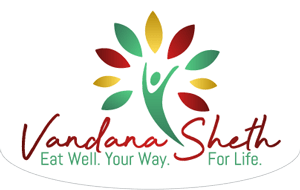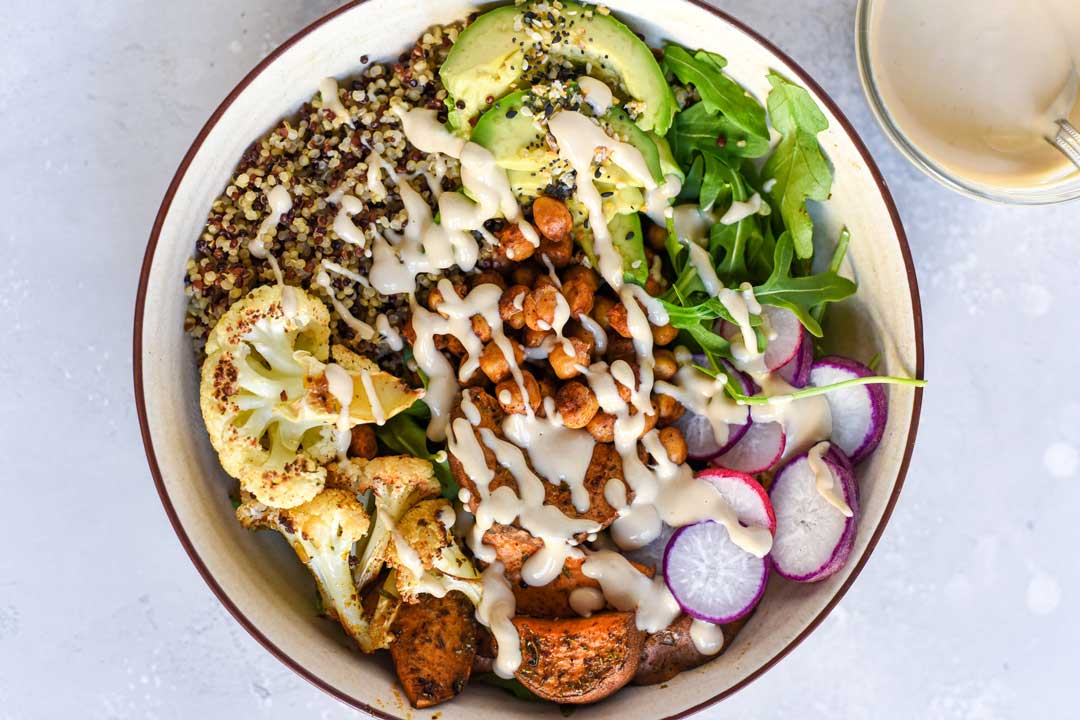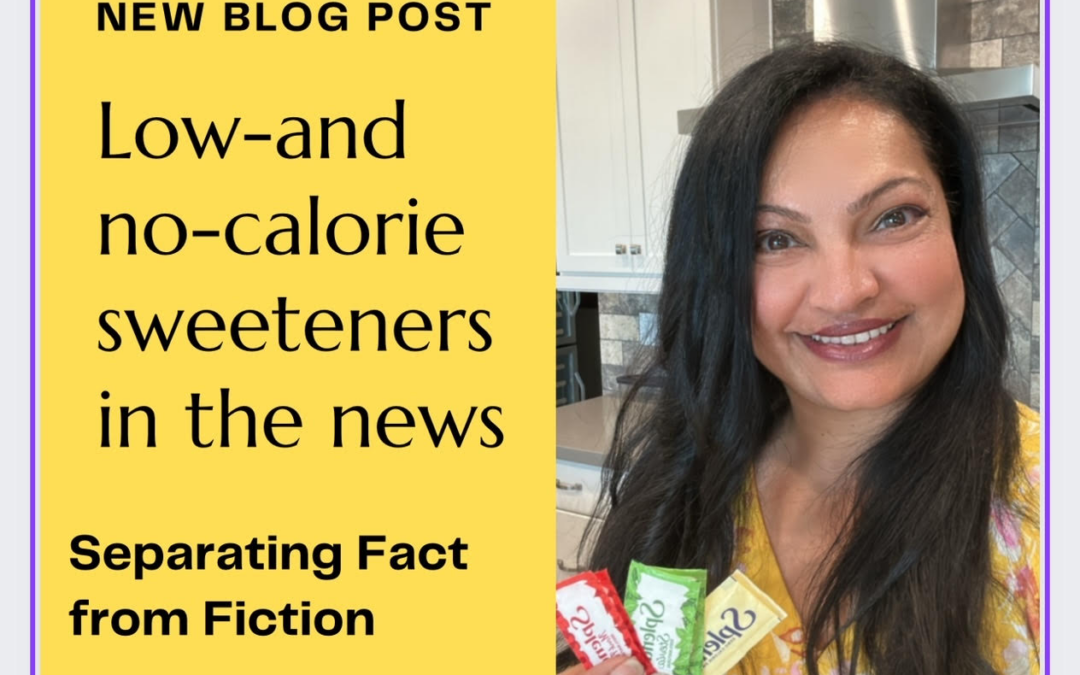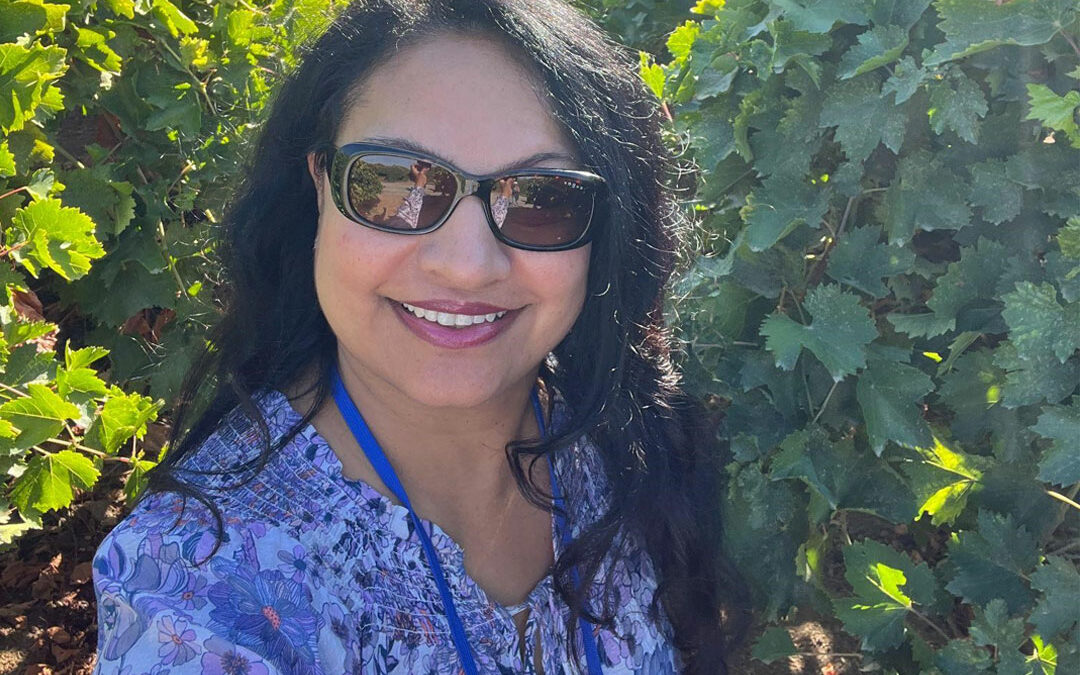Are you interested in trying a vegetarian diet but have some questions? As a lifelong vegetarian and as a dietitian nutrition coach, I often hear these questions from clients and the media. So, let’s bust some of these common myths.
1. You can’t get enough protein in your diet from a vegetarian diet
False, you can absolutely meet your protein needs on a vegetarian diet. The key is to enjoy a wide variety of foods throughout the day.
Good sources of plant-based proteins
- Beans
- Lentils
- Peas
- Tofu
- Tempeh
- Edamame
- Seitan
- Nuts
- Seeds
- Grains such as quinoa, farro, millet
- Plant-based meat alternatives
- Dairy or Soy milk/yogurt
2. You can’t meet your calcium needs if you avoid dairy as part of a vegetarian diet
Besides dairy, there are many plant-based foods that are rich in calcium. In fact, studies show that diets that are lower in animal protein and higher in fruits and vegetables may promote bone health.
Good sources of calcium-rich foods:
- Dark leafy greens such as kale, mustard, turnip greens, and collard
- Broccoli
- Bok choy
- Tofu that is calcium-set
- Almonds
- Blackstrap molasses
- Calcium-fortified juices
- Calcium-fortified dairy alternatives (soy, almond, rice, hemp, cashew)
- Cereals and bars that are calcium-fortified
3. You can’t get enough iron if you are following a vegetarian diet
You can meet your iron needs while following a vegetarian diet. Here is an interesting tidbit, when you have a plant-based iron-rich food along with a vitamin-C-rich food, your body will absorb six times more of the iron!
Good sources of iron:
- Bok choy, collard greens, kale
- Beans
- Tempeh
- Tofu
- Blackstrap molasses
- Quinoa
- Tahini
- Fortified cereals
A few simple examples of amping up the iron absorption: (combine iron-rich + vitamin C rich foods)
Enjoy a kale salad with a citrus dressing
Add tomato sauce to beans
Enjoy a stir fry of bok choy and tofu
4. Vegetarian diets are boring and not very filling
When thinking about vegetarian diets, think of variety. It is not just a matter of removing animal products but focusing on addition. For example, if you are having a salad for a meal, load it up with beans or lentils for protein, some quinoa, add some nuts or seeds for crunch, healthy fats, and an avocado – green goddess style dressing. Now, you have transformed a simple green salad into a flavorful and satisfying meal.
Also, try foods from other cultures such as Indian food, Mediterranean, Thai that are vegetarian to expand your palate.
5. It is not safe for young children or teenagers to follow a vegetarian/vegan diet
According to the Academy of Nutrition and Dietetics, a well-planned vegetarian/vegan diet is safe for people of all ages, including babies, children, teenagers, pregnant mothers, and adults. The key is to ensure that it is well planned and enjoys a variety of nutritious choices that provide all the key nutrients necessary for growth and development.
A dietitian nutrition coach specializing in vegetarian diets can be a valuable resource to help you better meet your needs and create a customized plan for you.
Photo credit: Caroline Green
 ! My Indian Table: Quick & Tasty Recipes 📚
! My Indian Table: Quick & Tasty Recipes 📚




